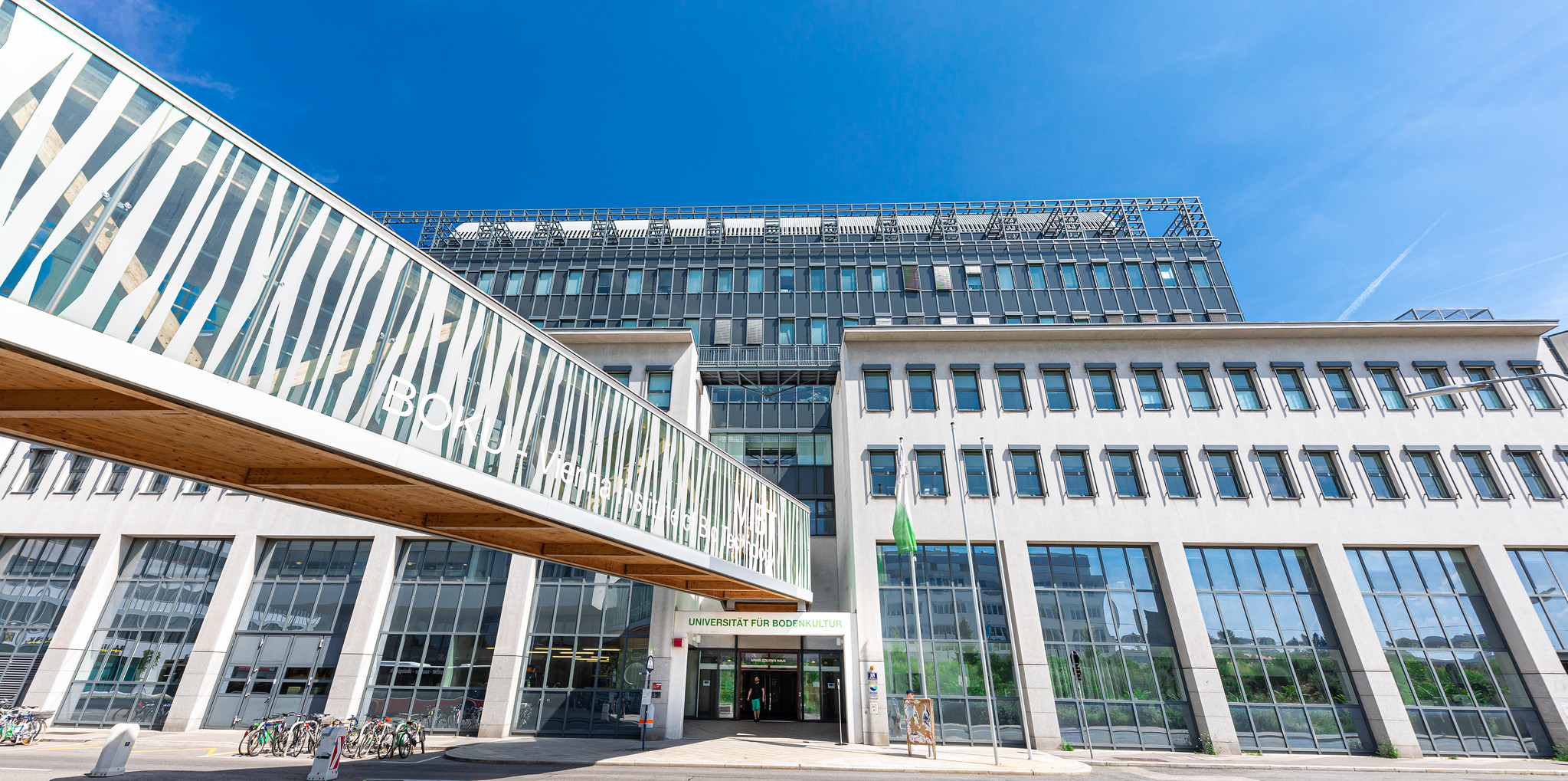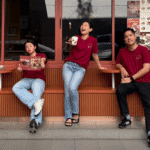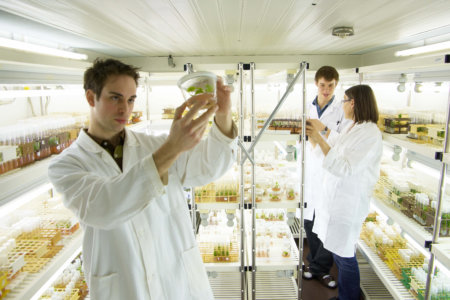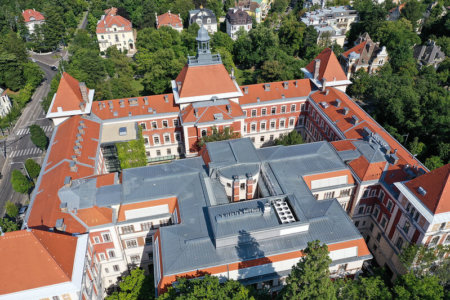The antibiotics crisis is happening right now. So is climate change. So is the growing risk of new pandemics. Tackling these challenges calls for researchers who can think across disciplines, connect ideas, and develop practical solutions. This is precisely what the Master’s Programme in Biotechnology by BOKU University is designed to support.
The programme, fully taught in English, gives students a strong foundation in biotechnology while encouraging them to think broadly. It fuses biological sciences, chemistry, and process technology, giving students the full picture. This approach prepares them for careers in both research and industry, where they will need to apply their knowledge in complex and evolving environments.
BOKU’s curriculum is structured to build deep understanding and practical skills. Core subjects include biophysical chemistry, biological nanosciences and nanotechnology, applied mathematics and biostatistics, quality management in biotechnology, computing skills for biotechnology, and more.
These topics provide the technical knowledge students need. But the programme goes further by offering six optional specialisations: Bioinformatics, Bioprocess Engineering, Medical Biotechnology (in collaboration with the Medical University of Vienna), Plant Biotechnology, Environmental Biotechnology, and Protein Engineering and Technology.
Each specialisation is designed to help students realise their personal, scientific, and professional goals. A student interested in healthcare might focus on Medical Biotechnology and later work on gene therapies or vaccine development. Another student focused on climate solutions might choose Environmental Biotechnology and work on projects that promote green technologies or cleaner industrial processes.

The Master’s in Biotechnology programme tackles global challenges like food security, climate change, and resource efficiency. Source: BOKU University
Hands-on learning and research excellence
Practical experience is a key part of the programme. Students take part in laboratory exercises that build hands-on skills. They also complete a compulsory internship in the biotechnology industry. This gives them real-world experience and a better understanding of future job opportunities. What’s more, BOKU organises excursions to research institutions and biotech companies. These visits connect what they learn in class with how science is used in the workplace.
A major part of the programme is the master’s thesis. As early as the start of their programme and for at least six months, students collect data, analyse it using the latest research methods, and interpret it according to good scientific practice. This builds their ability to work independently and answer real scientific questions. It also prepares them for jobs that require critical thinking and long-term problem solving – some of which are offered by BOKU’s industry and research partners.
One example is Boehringer Ingelheim, a respected pharmaceutical company and regular employer of BOKU graduates. This connection gives students access to current industry practices and increases their chances of building a career in biotechnology. The university also works with international research centres, allowing students to join large-scale projects and learn from experienced scientists.
Research in biotechnology at BOKU is not limited to one field. The university’s work in biotechnology covers a wide range of organisms and systems, including cell surfaces, biofilms, metabolism, and molecular engineering. It’s just as active in newer areas such as bioprocess engineering, nanobiotechnology, and biointerfaces – cutting-edge topics that reflect the fast pace of development in the field.
The Austrian Centre of Industrial Biotechnology plays an important role in this work. It develops environmentally friendly and cost-effective processes for industry that support the UN Sustainable Development Goals. Students often have the chance to contribute to these projects.
“Studying at BOKU has given me the chance to work on real research projects from day one,” says student Katharina B. “The focus on sustainability and the supportive, international environment make this programme truly unique.”

Graduates pursue diverse roles in research, biotechnological process planning and monitoring, and the development of biological production methods. Source: BOKU University
Sustainability and bioeconomy at the core
BOKU’s approach to biotechnology includes sustainability and bioeconomy. Students learn how science can be used to improve food security, reduce carbon emissions, and manage resources more efficiently. They also explore how economics and technology shape the way solutions are developed and implemented. This combination of science and real-world context helps students understand how to turn ideas into action.
“The interdisciplinary structure of the Biotechnology Master’s at BOKU allowed me to connect scientific research with real-world applications,” says student Franz S. “It shaped the way I think about innovation and sustainability in the biotech industry.”
Graduates pursue careers in both the public and private sectors. They work in regulatory bodies, research institutions, certification offices, and quality management, as well as in biotech, pharmaceutical, and chemical companies, start-ups, and consulting firms.
Like their academics, life in Vienna, one of the world’s most liveable cities, is highly enjoyable. Known for its safety, excellent public transport, cultural richness, and welcoming environment, Vienna offers the ideal backdrop for a rewarding experience, both inside and outside the classroom.
Learn more about BOKU University.
Follow BOKU University of Natural Resources and Life Sciences on Facebook, Bluesky, Instagram, YouTube and Flickr













